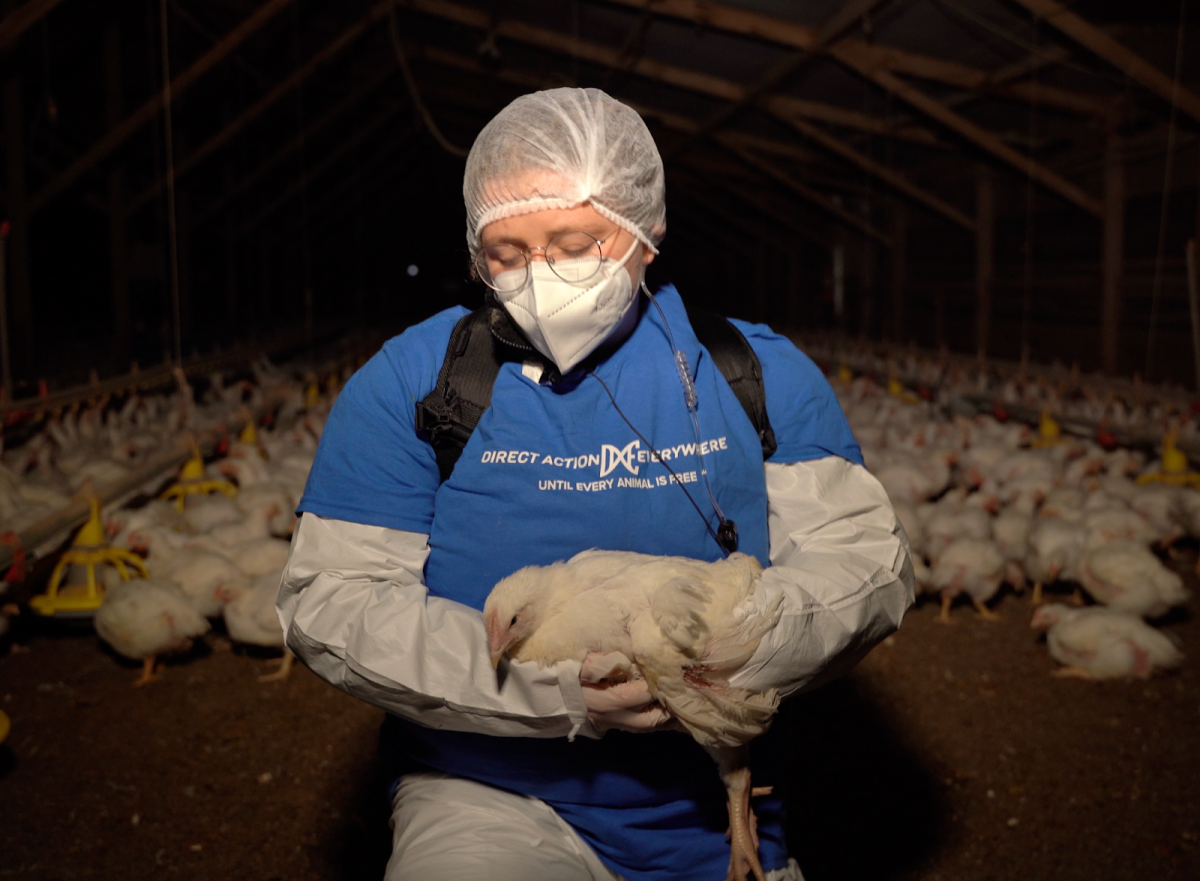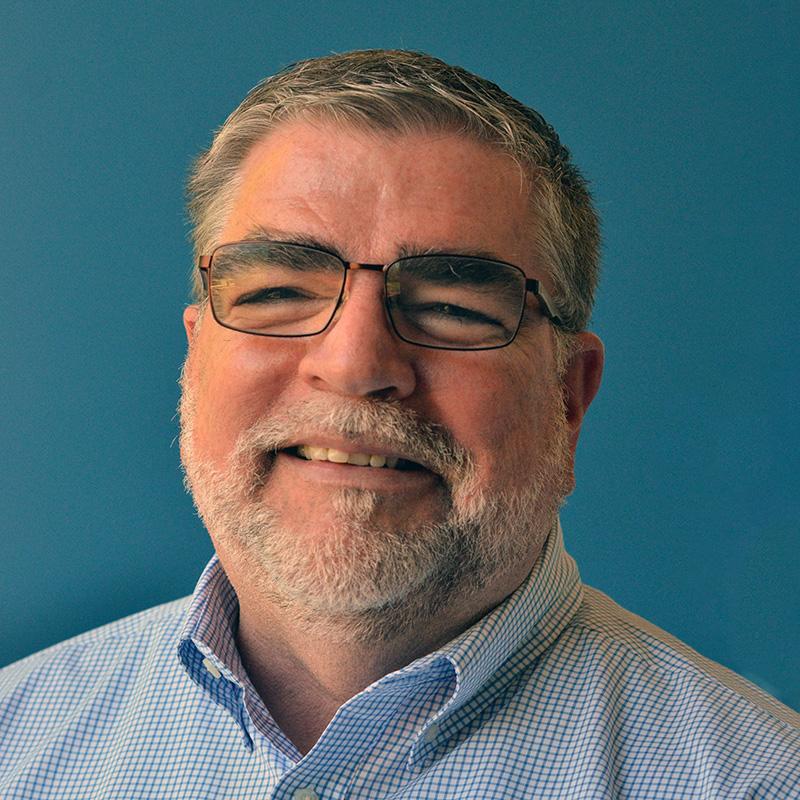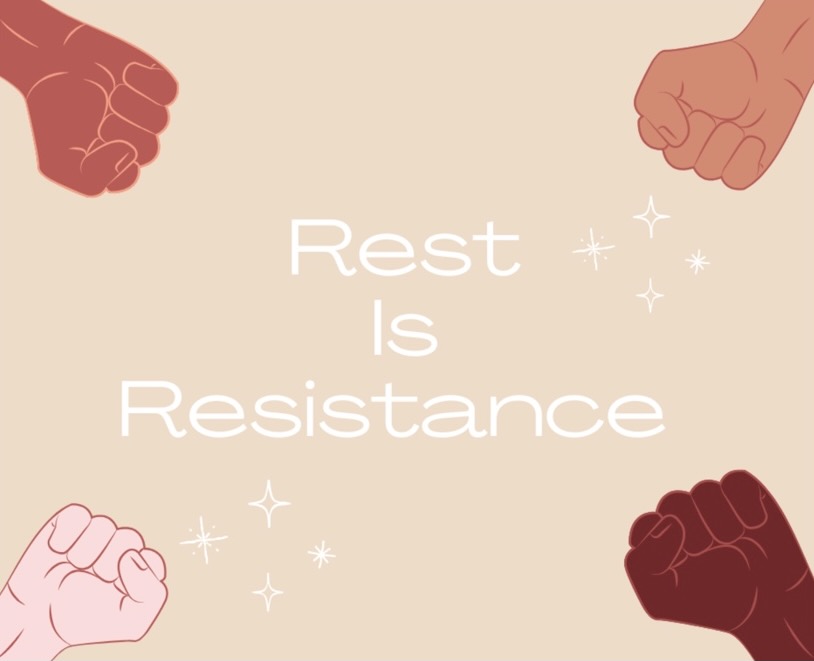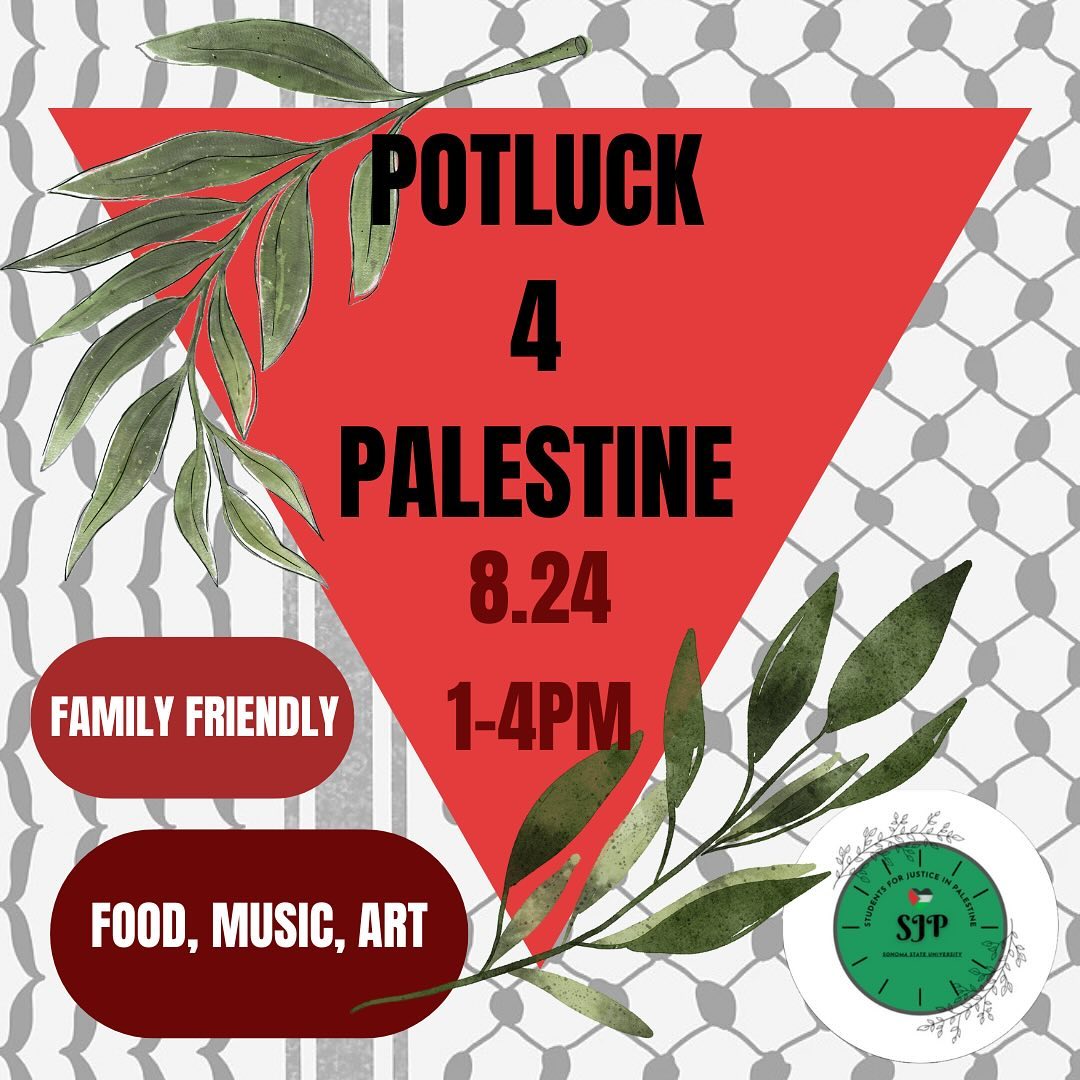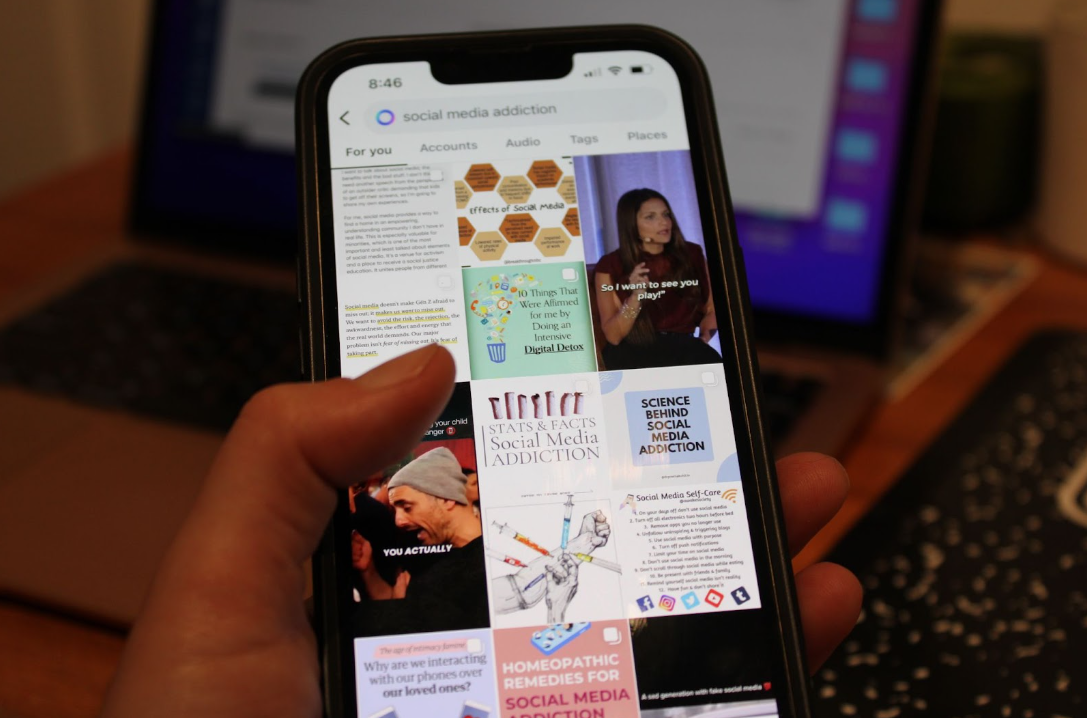We are often told that there is nothing more valuable than a human life. From assisting disaster victims halfway around the world to punishing homicide with life in prison or the death sentence, the value of human life in the United States is constantly regarded as infinite, irreplaceable and priceless.
But as people grow older and suffer from disease and illnesses, requiring extensive, expensive and long-term medical and personal care, does a decreased quality of life outweigh the increased longevity of it?
Katy Butler, author and journalist most known for her article “What broke my father’s heart” that was published in the New York Times in 2010, spoke at Sonoma State last week. In her compelling and internationally popular story, which she further describes in her new book “Knocking on Heaven’s Door: The Path to a Better Way of Death,” she tells of the pain her mother went through after her father fell victim to dementia. His first stroke sparked his seven-year-long caregiving, as well as Butler’s mother’s transition from a leisurely housewife to a house-nurse working 80 hours a week.
The decision to prolong Butler’s father’s life with a doctor-recommended and insisted pacemaker was first considered a relief of his and his caregivers’ pain. But after his health, stamina, mentality and personality continued to diminish over the next few years, Butler began to re-evaluate the value and necessity that United States healthcare places on prolonging a human life.
“My father’s electronically managed heart – now requiring frequent monitoring, paid by Medicare – became part of the $24 billion worldwide cardiac-device industry and an indirect subsidizer of the fiscal health of American hospitals,” wrote Butler, adding to the disgruntling fact that multiple millions of dollars a year are spent on lobbying by medical companies and facilities.
According to the Center for Responsive Politics, Blue Cross/Blue Shield Association, which provides health care to more than 80 million people, is the third largest lobbyer in the U.S. this year so far, having spent over $17 million. American Hospital Association comes in fourth at $14 million. The Pharmaceutical Research & Manufacturers of America and the American Medical Association are closely matched at over $13.5 million.
It would be unfair to generalize these lobbying payments – believe it or not, sometimes good can come out of lobbying. But it’s eye opening to look at the numbers and wonder: if healthcare – not health insurance, just pure care for humans’ health – is so expensive to maintain, where are these multi-millions of dollars coming from? Whose extended, technology-dominated life are these health companies profiting off of?
Historically, doctors and physicians have taken the Hippocratic oath to promise integrity in their medicinal practice. The oath states, “I will remember that there is art to medicine as well as science, and that warmth, sympathy, and understanding may outweigh the surgeon’s knife or the chemist’s drug . . . If it is given me to save a life, all thanks. But it may also be within my power to take life.”
However, doctors are paid much more to perform surgery on patients than to sit down and discuss options with them. Of course we would like to hope that the vast majority of doctors are driven by a true effort to care for fellow human beings.
But as technology advances, the average lifespan increases and families are less willing to let go, what are doctors more motivated by: ending a loved one’s suffering, or sparing no expense to save them?
Hopefully we are all very far from the point where someone will have to make that decision for us, and we’re hoping just as much that our parents and grandparents are, too. But the truth is that no one lives forever, life can be unexpected and that anything can happen – especially death.
Is our society unable to cope with death? Is our lives’ longevity just another illusion created by consumerism?
As much as we want our loved ones to be around for just as long as we are, sometimes prolonging their lives due to advances in medicine can be the ultimate downfall as they are subjected to chronic pain. Oftentimes, as seen in Butler’s case, witnessing and helping with that pain can cause family members and caregivers to endure just as much of their own.
Letting go of a loved one is quite possibly the hardest thing many of us have gone through. It hasn’t ever been easy and it never will be. If given the choice between medically induced survival and a peaceful, natural end to life, what would you choose?
Find Katy Butler’s article for the New York Times at:
http://www.nytimes.com/2010/06/20/magazine/20pacemaker-t.html



